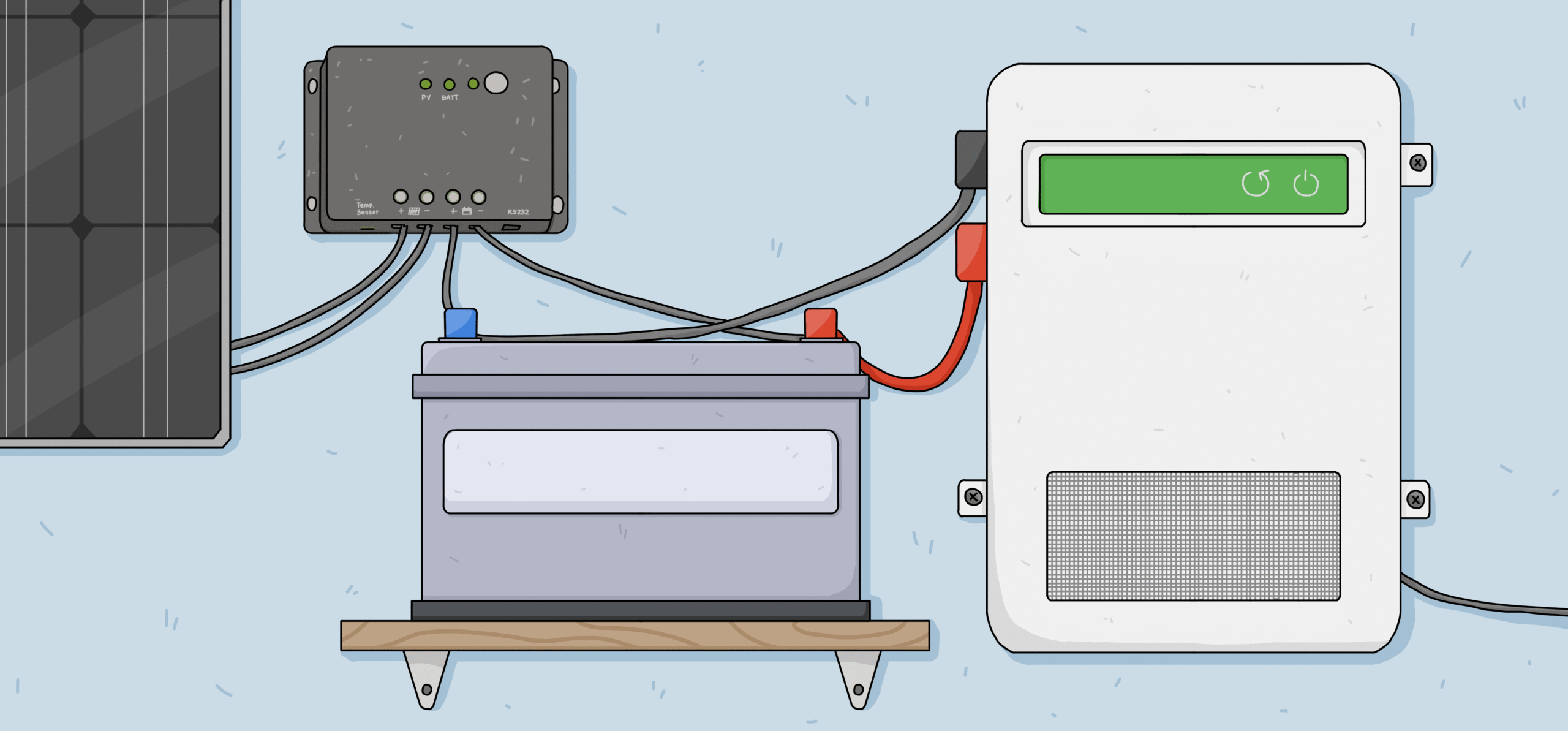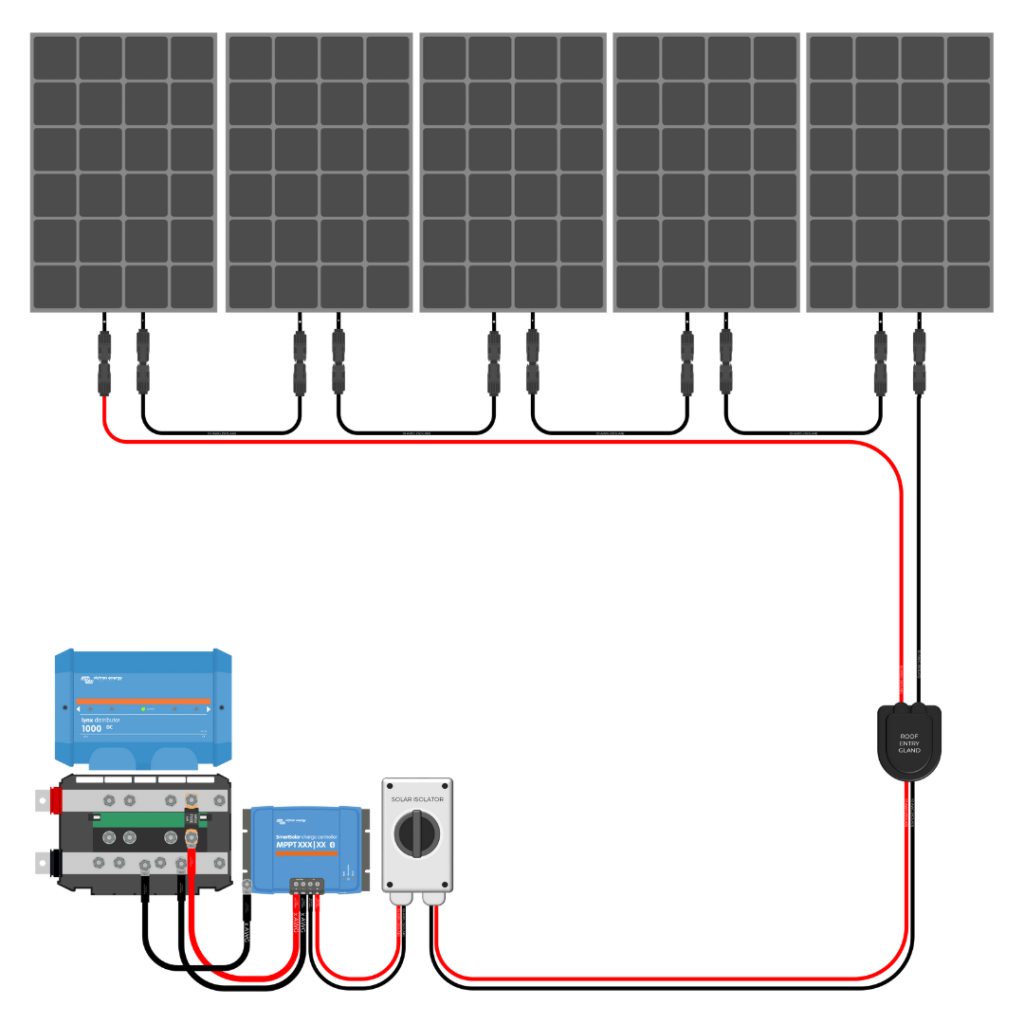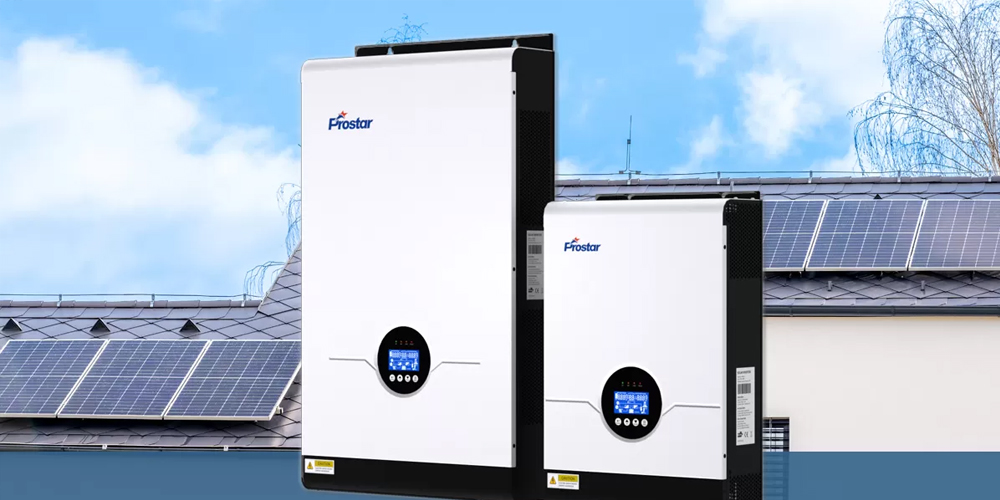If you’re considering going solar, understanding how to calculate solar panel battery and inverter is crucial for creating an efficient and effective energy system. Whether you’re looking to power your home, RV, or a remote cabin, knowing how to size your solar components can save you money and ensure you have reliable energy. In this guide, we will break down the steps to help you calculate the right battery and inverter for your solar panel systemor how to calculate solar panel battery and inverter.
Understanding Solar Power Systems
A solar power system converts sunlight into electricity, which can be used to power your home or stored for later use. The main components of a solar power system include solar panels, batteries, and inverters. Each component plays a vital role in ensuring that you have a consistent and reliable power supply.
Key Components of a Solar Power System
Solar Panels
Solar panels are the heart of your solar power system. They capture sunlight and convert it into electricity. The amount of electricity generated depends on the size and efficiency of the panels, as well as the amount of sunlight they receive.
Batteries
Batteries store the electricity generated by your solar panels for use when the sun isn’t shining. Choosing the right battery capacity is essential for ensuring you have enough power during cloudy days or at night.
Inverters
Inverters convert the direct current (DC) electricity produced by solar panels into alternating current (AC) electricity, which is what most household appliances use. Selecting the right inverter is crucial for the efficiency of your solar power system.
How to Calculate Solar Panel Battery and Inverter
Step 1: Determine Your Energy Needs
The first step in calculating your solar panel battery and inverter is to assess your energy needs. Start by reviewing your electricity bills to find out how much energy you consume on average each month. You can also use a simple formula:
- Daily Energy Consumption (kWh) = Total Monthly Consumption (kWh) / 30
Once you have your daily energy consumption, you can determine how much energy you need your solar system to produce.
Step 2: Calculate Battery Capacity
To calculate the battery capacity you need, follow these steps:
- Determine the total watt-hours (Wh) needed per day:
- Multiply your daily energy consumption (in kWh) by 1,000 to convert it to watt-hours.
- Example: If your daily consumption is 30 kWh, then 30 kWh x 1,000 = 30,000 Wh.
- Decide on the number of days of autonomy:
- This is how many days you want your battery to supply power without solar input. A common choice is 2-3 days.
- Calculate total battery capacity:
- Total Battery Capacity (Wh) = Daily Energy Needs (Wh) x Days of Autonomy
- Example: 30,000 Wh x 3 days = 90,000 Wh.
- Convert to amp-hours (Ah):
- Divide the total watt-hours by the battery voltage (typically 12V, 24V, or 48V).
- Example: For a 12V system, 90,000 Wh / 12V = 7,500 Ah.
Step 3: Choose the Right Inverter
Selecting the right inverter is essential for your solar power system. Here’s how to calculate the inverter size:
- Determine the total wattage of your appliances:
- List all the appliances you plan to run and their wattage. Add them up to find the total wattage.
- Consider surge power:
- Some appliances require more power to start than they do to run. Make sure to account for this surge power when selecting your inverter.
- Choose an inverter with a capacity greater than your total wattage:
- It’s a good practice to choose an inverter that can handle at least 20% more than your total wattage to ensure efficiency and longevity.
Tips for Optimizing Your Solar Power System
- Regular Maintenance: Keep your solar panels clean and free from debris to maximize efficiency.
- Monitor Your System: Use monitoring tools to track energy production and consumption.
- Consider Energy-Efficient Appliances: Reducing your energy consumption can lower the size of the system you need.
- Consult Professionals: If you’re unsure about your calculations, consider consulting with a solar energy professional.
READ MORE:
- Do You Need an Inverter for Solar Panels? Here’s What You Should Know!
- The Ultimate Guide to Pure Sine Wave Inverters: Why You Need One
- 4.3kW/24V Hybrid Inverter With MPPT Solar Charge
- The Ultimate Guide to Hybrid Solar Inverters: Powering Your Home Efficiently
Conclusion
Calculating the right solar panel battery and inverter is essential for creating an efficient solar power system or how to calculate solar panel battery and inverter. By understanding your energy needs, calculating battery capacity, and selecting the appropriate inverter, you can ensure that your solar system meets your energy demands. If you have any questions or need further assistance, feel free to reach out or leave a comment below!


